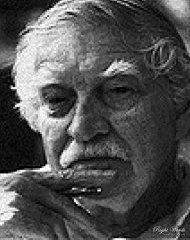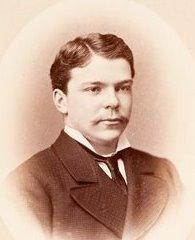May Quotes - Page 195

George Washington, Dorothy Twohig, William Wright Abbot (1987). “The Papers of George Washington: April-June 1789”
George Washington (1988). “George Washington: A Collection”, Liberty Fund
Reason, too late perhaps, may convince you of the folly of misspending time.
George Washington, John Clement Fitzpatrick, David Maydole Matteson (1792). “The Writings of George Washington from the Original Manuscript Sources, 1745-1799”, p.408
George Stillman Hillard (1864). “Life and Campaigns of George B. McClellan, Major-general U. S. Army”, p.360, Gale Cengage Learning
One voice may speak you false, but in many there is always truth to be found.
George R. R. Martin (2012). “George R. R. Martin's A Game of Thrones 5-Book Boxed Set (Song of Ice and Fire Series): A Game of Thrones, A Clash of Kings, A Storm of Swords, A Feast for Crows, and and A Dance with Dragons”, p.1556, Bantam
'Vittoria' (1866) ch. 42
George Herbert (1703). “The temple, sacred poems and private ejaculations. [With] The synagogue”, p.12
George Herbert (1874). “The Complete Works of George Herbert: Prose”, p.363
George Herbert (1874). “The Complete Works of George Herbert: Prose”, p.321
A man may be variously accomplished, and yet be a feeble poet.
George Henry Lewes (1891). “The Principles of Success in Literature”
George Eliot (1873). “Wise, Witty, and Tender Sayings in Prose and Verse: Selected from the Works of George Eliot”, p.405
George Eliot (1866). “Felix Holt: The Radical”, p.127
George Eliot (2013). “Delphi Complete Works of George Eliot (Illustrated)”, p.2985, Delphi Classics
"Oh May I Join the Choir Invisible" l. 1 (1867)
"The Intelligent Woman's Guide to Socialism and Capitalism". Book by George Bernard Shaw, p. 214, 1928.
There's no workman, whatsoever he be, That may both work well and hastily.
Geoffrey Chaucer, “The Merchant's Tale”






